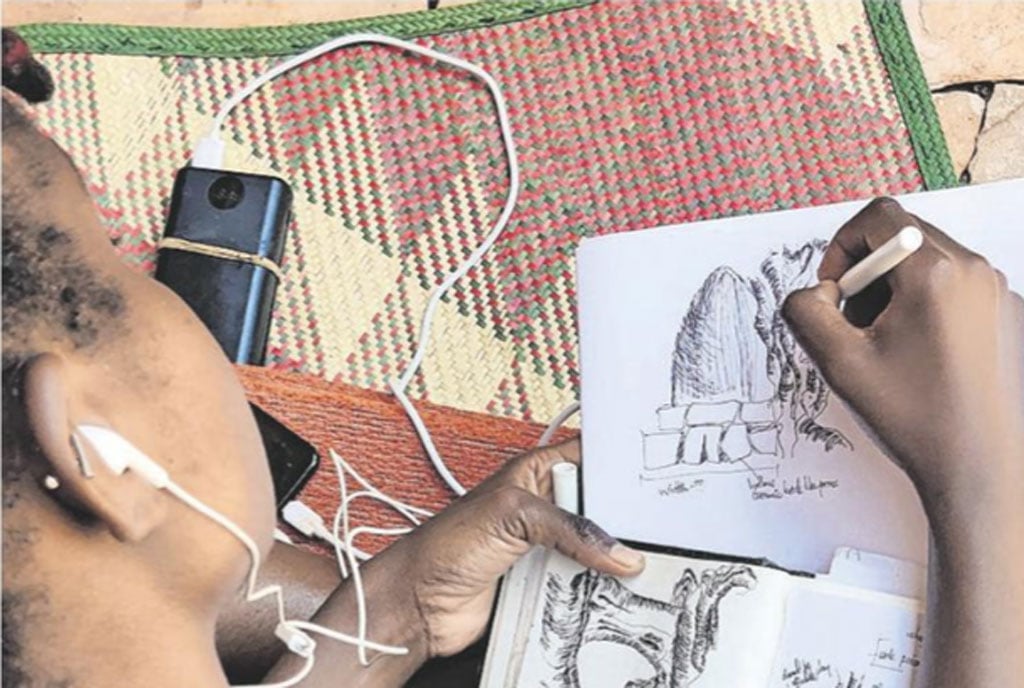Fashion and dance to face off in festival

The festival that will be happening in October is a celebration of dance, culture and community. It will feature three days of intense activities and vibrant performances PHOTO/ANDREW KAGGWA
What you need to know:
This programme recognises the role of festivals in Africa as an embodiment of the traditions, values, and dreams of a place and its people and a catalyst to stimulate local economies and foster social connections
There is a festival for everything, a festival for plantation in Senegal, another one for spices in Zanzibar or those in India for colour. It is hard imagining just one society without festivals.
Festivals are a celebration of different aspects of culture, food, music, art and fashion, among other things
Yet, even when they are a core part of cultural celebrations, festivals are very expensive and hard to put together. They are not money-making ventures, neither are they profit-making, but they are necessary.
Some festivals go on for years as niche events known only to people who care for that particular culture. For example, finding an audience of filmmakers at a film festival or other professionals at a celebration about them is a common.
But festivals are hard to organise, which is the reason most of them do not create a legacy. It is the reason programmes such as Festival Connect Fund, a programme by British Council supports festivals and connects festival organisers to support and learn from each other.
This programme recognises the role of festivals in Africa as an embodiment of the traditions, values, and dreams of a place and its people as well as a catalyst to stimulate local economies, foster social connections, and enrich the lives of those who attend. In a world marked by rapid change, festivals remain essential in preserving the spirit and vitality of communities across Africa.
It is against this backdrop that the British Council is providing an opportunity for festivals in Africa with grants to collaborate, increase access for their audiences to both regional and international artists, and provide opportunities for experimentation and showcasing. They were interested in festivals which have been around for at least two editions.
This year, they made a call to African festival makers and more than 3,000 of them applied, seven got a grant to organise festivals, one of them, Skillz Dance Fest, is a Ugandan festival.
The festival that will be taking place in October is a celebration of dance, culture and community.
It will feature three days of intense activities and vibrant performances focusing on creating massive connections with other festivals and events across the region.
The event will showcase four major competitions: the ultimate skillz, breaking battles, the afro-fusion, urban freestyle and next move battles.
This year's edition was launched at the British Council in Kamwokya .
The launch brought together collective dance crews and troupes who entertained guests with routines about climate change and corruption, among other topics.
Sosolya Udungu, one of the performing troupes, mainly made up of children recited poems and did a creative dance about the abuse of the environment through poorly sought after decisions. Another performance was looking at cloth and fashion as a contributor towards climate degradation.
Through a partnership with IGC Fashion, Skillz Dance Fest, seeks to create awareness about fashion and it's contribution towards the waste crisis.
One of the dancers was dressed in a multicoloured outfit that was revealed to have been made from recycled clothes.
“On any other day, these clothes would have been disposed off, adding to the crisis of waste which is currently plugging countries such as Uganda,” said Karen Ihimbazwe, the festival manager.
She says this year, they are thrilled to take Ugandans through different activities and while at it, celebrate the art of dance like many have not experienced before.
This year's edition will take place from October 18 to 20 and this is the seventh year of the festival.




